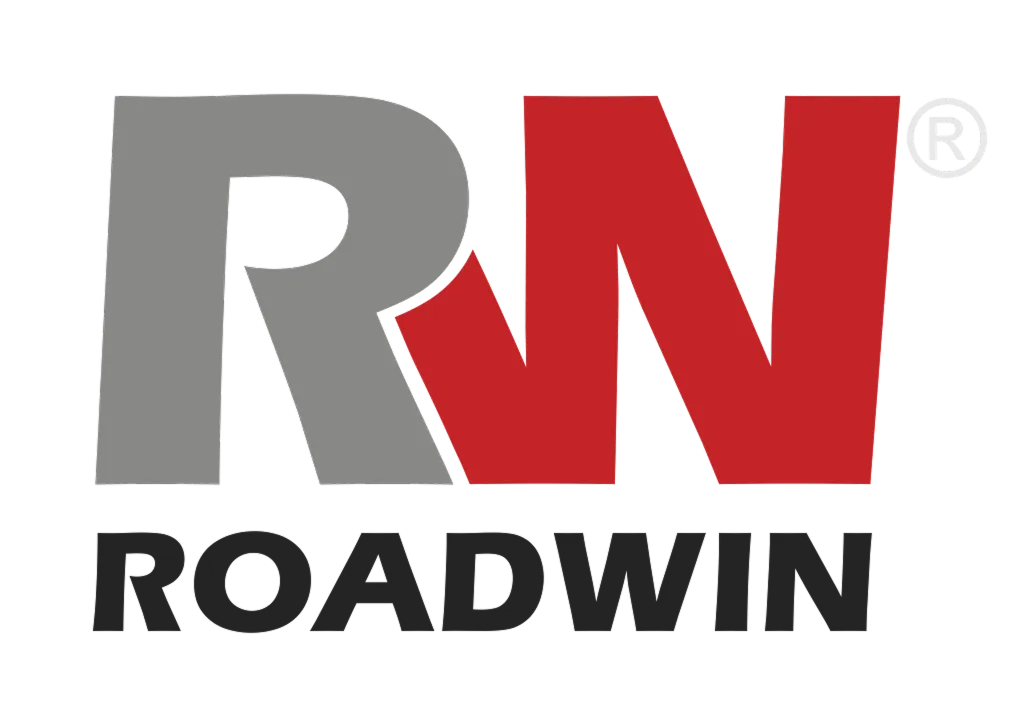Are Worn Shocks or Bad Air Bags Hurting Your Truck’s Ride and Performance?
Are Worn Shocks or Bad Air Bags Hurting Your Truck’s Ride and Performance?
Heavy-duty trucks aren’t designed for luxury—they’re designed for durability, strength, and reliability. But when every bump feels like a pothole from hell and your trailer sways like it’s got a mind of its own, chances are your shocks or air suspension are to blame. These unsung heroes of the suspension system often go unnoticed until they become a serious problem. Whether you’re hauling across the Midwest or crawling through the city grind in Hammond, IN, your suspension components can make or break your ride.
Let’s dive deep into what bad shocks and failing air bags really do to your truck—and how to spot the damage before it costs you time, money, or worse, a breakdown on the road.
Detailed Look: How Air Suspension Systems Actually Work
Air suspension systems are precision engineering. Here’s how they function:
- Air Compressor: Compresses air and delivers it into the system.
- Air Dryer: Removes moisture before it enters the system (prevents freezing and corrosion).
- Air Tanks: Store compressed air under pressure.
- Height Control Valves: Adjust air bag pressure based on load.
- Air Bags: Flexible rubber bellows that cushion the vehicle.
When loaded, the height control valve senses compression and signals the compressor to add air to the bags, lifting the truck. When unloaded, excess air is released. This self-leveling effect ensures even weight distribution, enhances ride quality, and keeps your tires planted.
However, leaks in the system or aging rubber in the bags will compromise this process. That leads to suspension sag, constant compressor cycling, and eventual component failure.
The Role of Shocks and Air Bags in Heavy-Duty Suspension
Your suspension system isn’t just about making the ride smoother—though it certainly helps. It’s a key part of your truck’s stability, steering, and load management.
- Shock absorbers (or just shocks) control the rebound movement of your wheels after hitting a bump. They prevent your truck from bouncing uncontrollably, improving road grip and braking distance.
- Air bags, part of the air suspension system, replace traditional leaf springs. These flexible rubber bellows are filled with compressed air, allowing for adjustable ride height and load support.
Together, these components reduce vibration, limit frame stress, and ensure even tire wear. When either starts failing, the consequences aren’t just annoying—they’re dangerous.
Warning Signs: When Shocks and Air Bags Start to Go Bad
Both shocks and air bags deteriorate gradually. By the time symptoms show up, the damage may already be affecting other components. Here are the telltale signs:
- Excessive bouncing after hitting a bump
- Uneven tire wear or “cupping” on the tread
- Leaning or sagging on one side of the truck
- Bottoming out when hauling heavy loads
- Swaying or drifting in high winds or on curves
- Air compressor running constantly (sign of air leak)
- Visible fluid leaks around the shocks
Ignoring these symptoms can lead to broken mounts, damaged leaf springs, or even catastrophic failure of the driveline.
How Worn Suspension Affects Ride Quality and Performance
Poor suspension isn’t just a comfort issue—it hits you where it hurts: performance and safety.
When shocks wear out, they can no longer dampen movement. That leads to:
- Longer braking distances
- Reduced steering control
- Increased tire wear
When air bags fail or leak:
- The truck may lean, affecting alignment
- The frame and driveline endure more stress
- Air compressors overwork, leading to costly repairs
Your truck’s center of gravity may even shift, especially dangerous when towing or navigating sharp curves. The worse the suspension gets, the more strain it puts on adjacent systems—brakes, steering, and even the chassis take a beating.
Why Regular Suspension Checks Are a Must
A preventive maintenance routine can extend the lifespan of your suspension components and reduce downtime. You’ll also maintain fuel efficiency, since proper suspension prevents excess drag and misalignment. You wouldn’t drive with worn brakes, so why take chances with your suspension?
Here’s what to inspect regularly:
- Shock mount integrity
- Signs of oil leakage around shocks
- Rubber condition on air bags (cracks, dry rot, bulging)
- Suspension alignment
- Air lines and valves for leaks
- Compressor operation
Keep Your Suspension Strong with Roadwin Parts
Don’t wait for a failed shock or burst air bag to put your rig in the shop. At Roadwin Parts, we specialize in helping truckers keep their suspensions riding smooth and staying safe. From OEM-grade shocks to high-performance air bags, we’ve got the parts and the know-how to keep your truck rolling strong.
Swing by our shop in Hammond, IN, or give us a call to get your suspension inspected, repaired, or upgraded today. You can also read our article on how to choose the right tires for your heavy equipment for peak operations.
